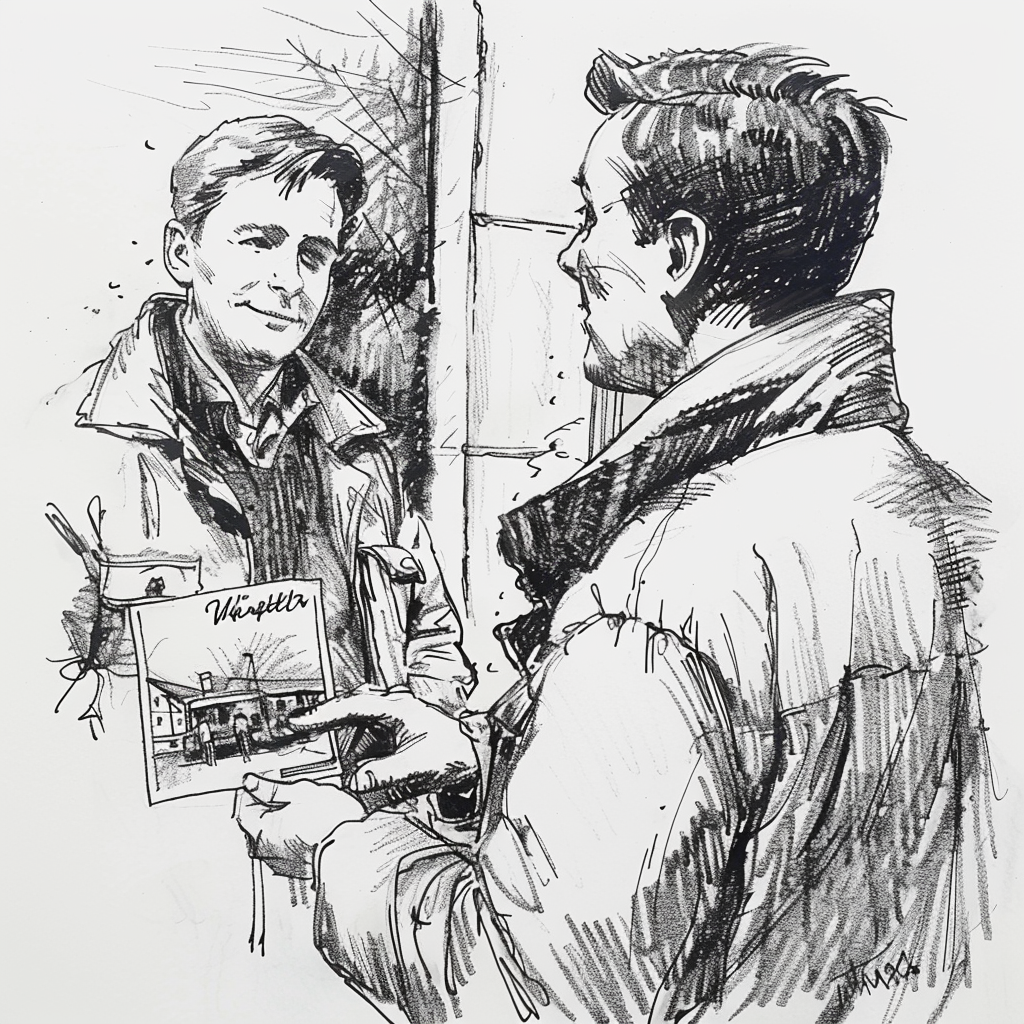After the Second World War, the housing shortage in the bombed-out cities was so great that the first working-class families with many children and possibly also destitute refugees populated the house.
This post has been moved. Please follow us on Medium to read and/or listen (!) to it in full.
The Bright Side of the Doom, a Prequel to 1984, The 18-Year-Old Who Wrote a Note and Disappeared is now available worldwide in bookstores as a hardcover, paperback, and e-book‼️
